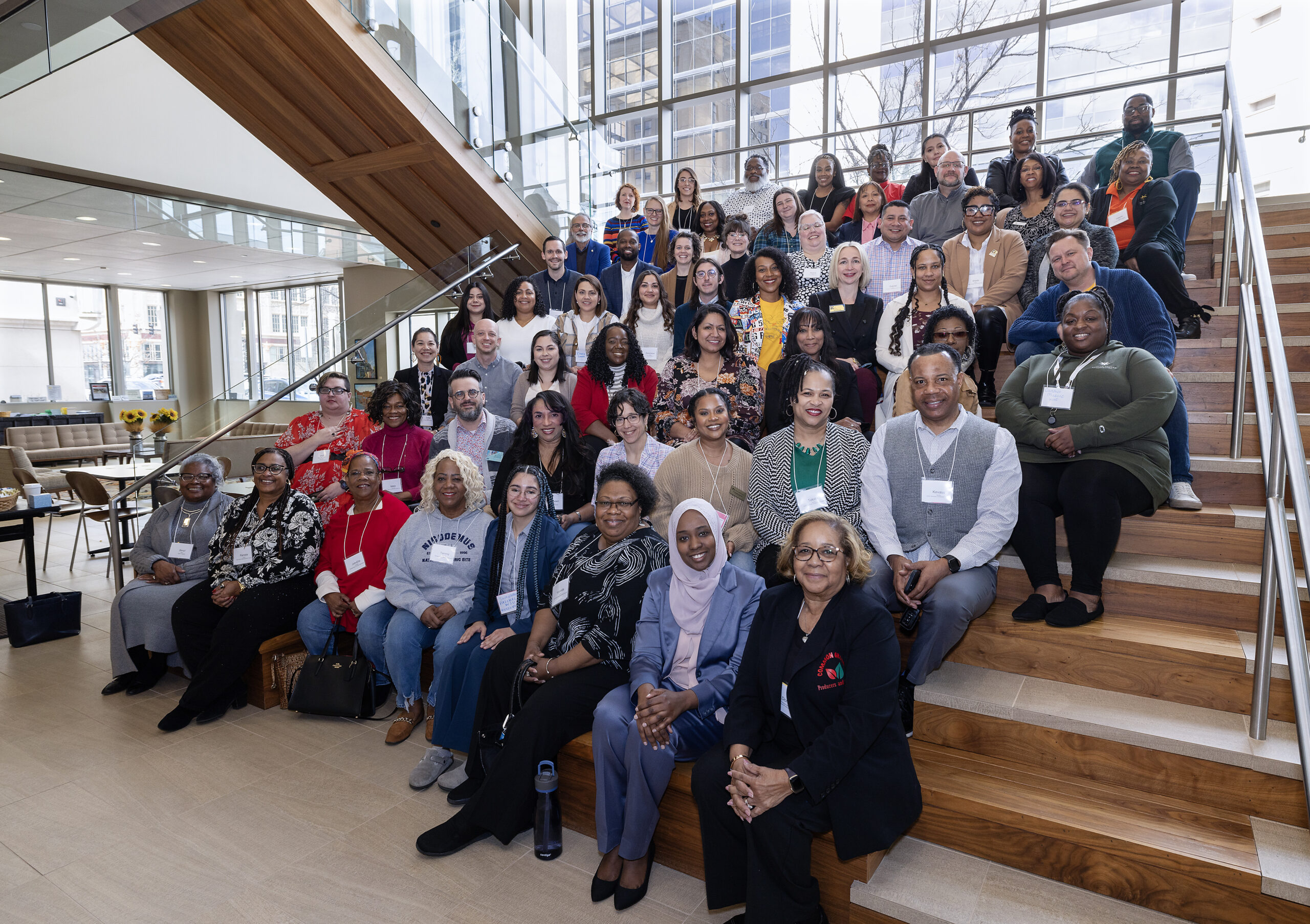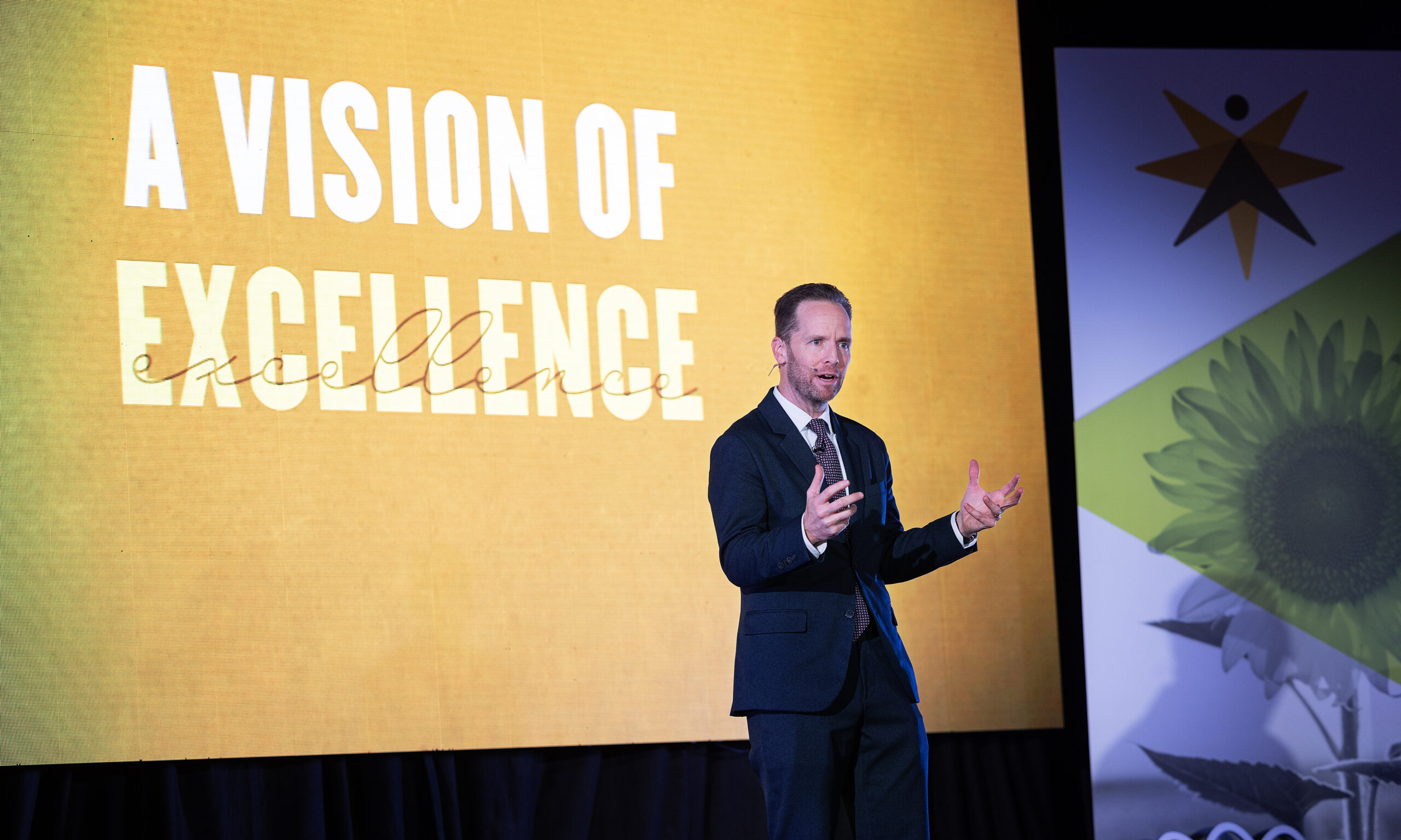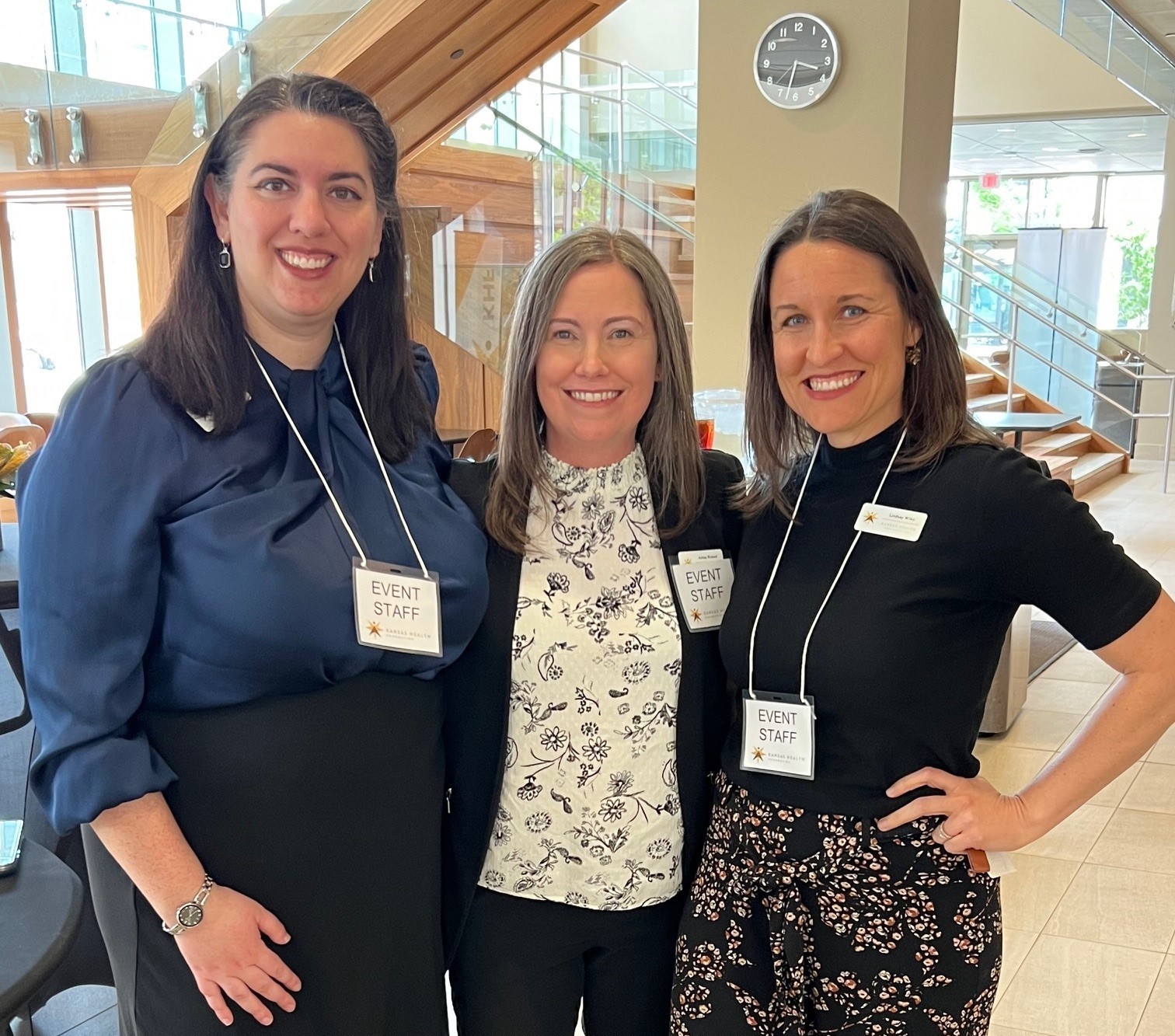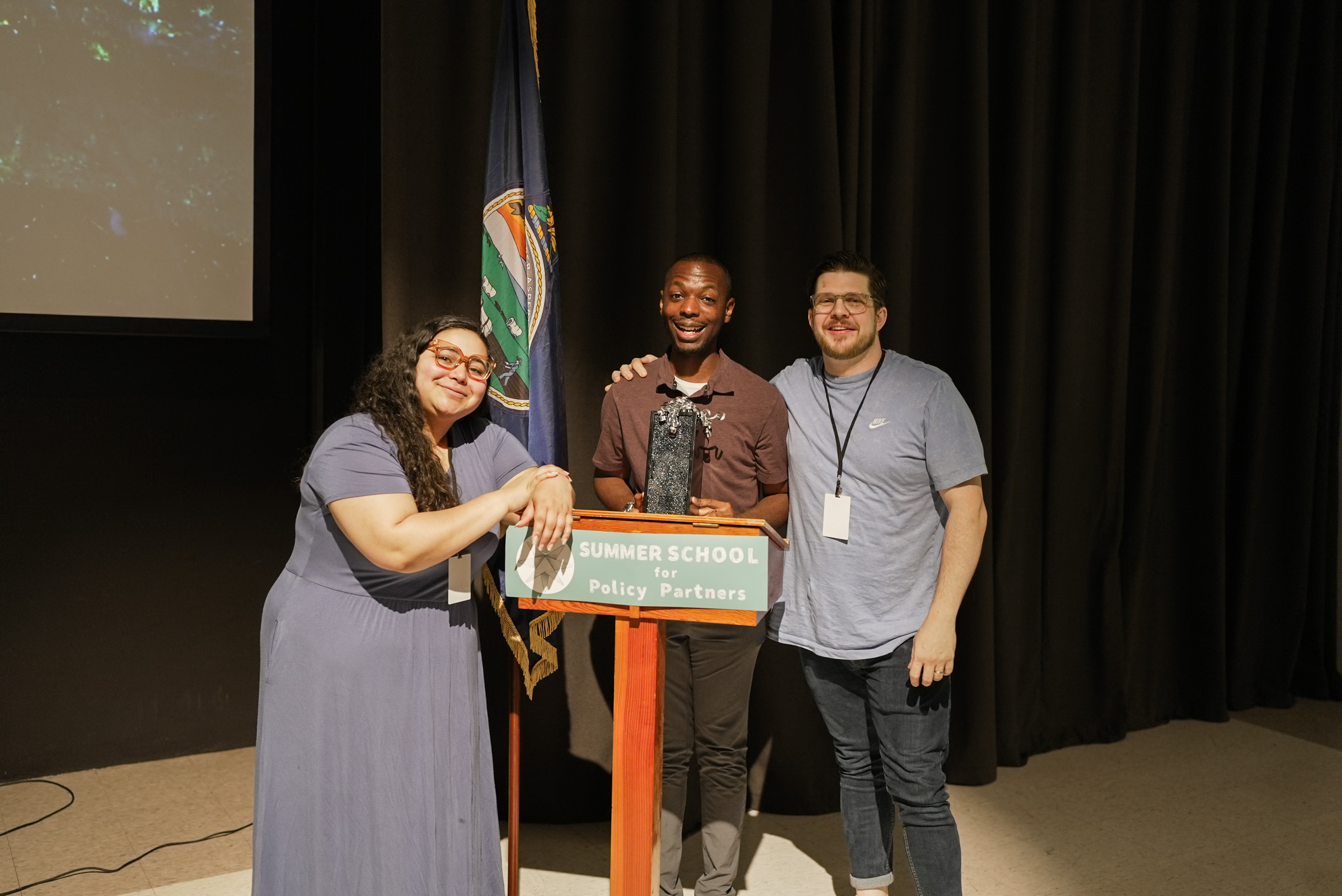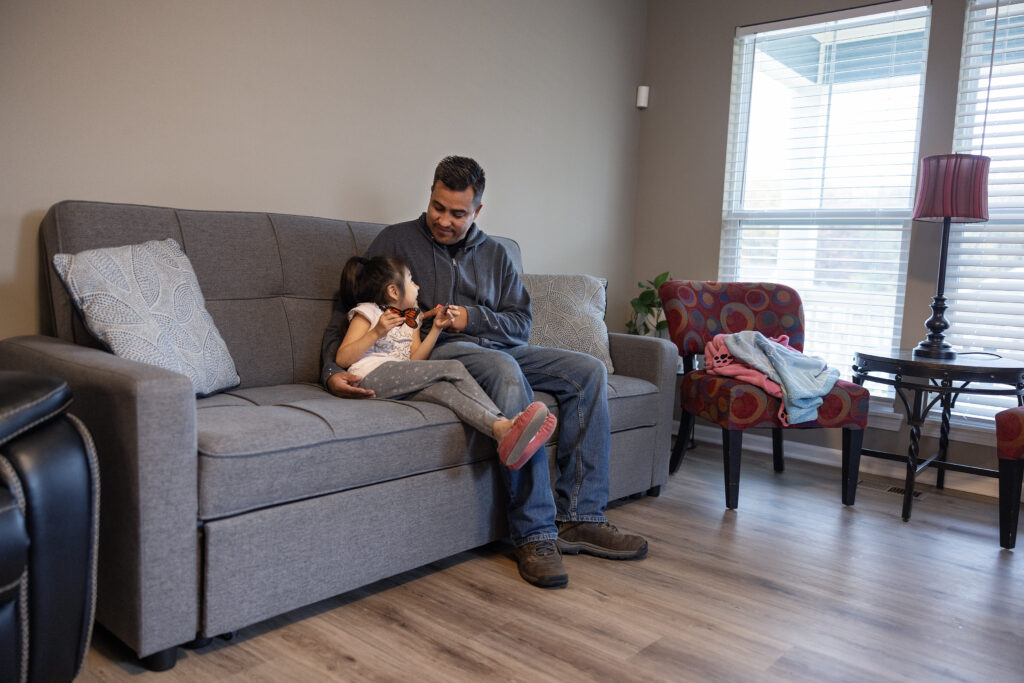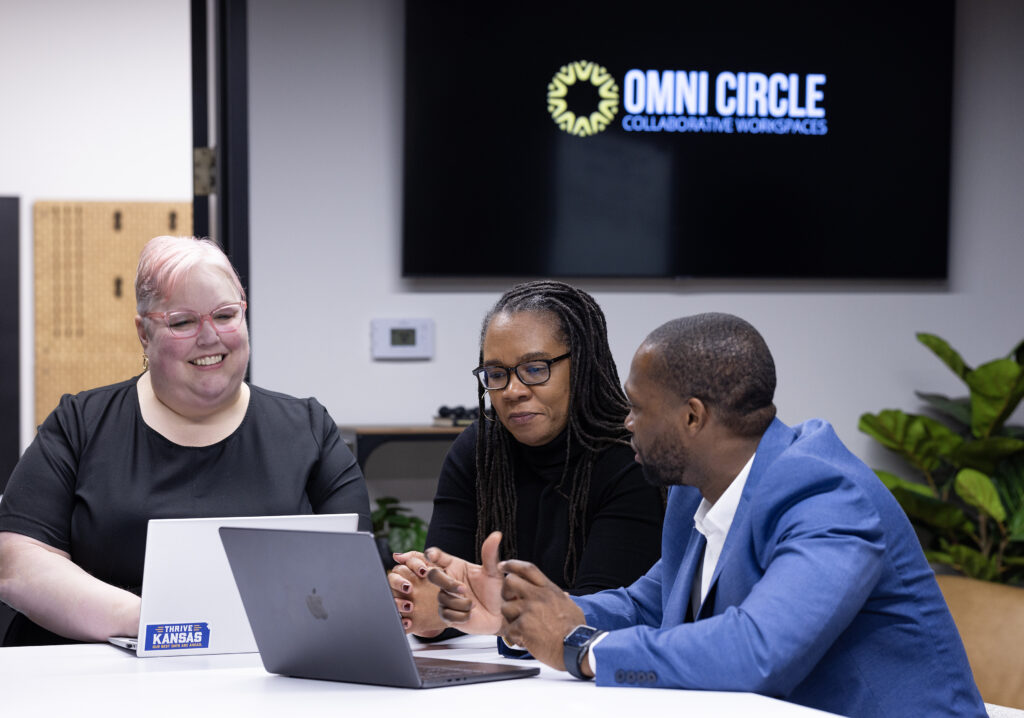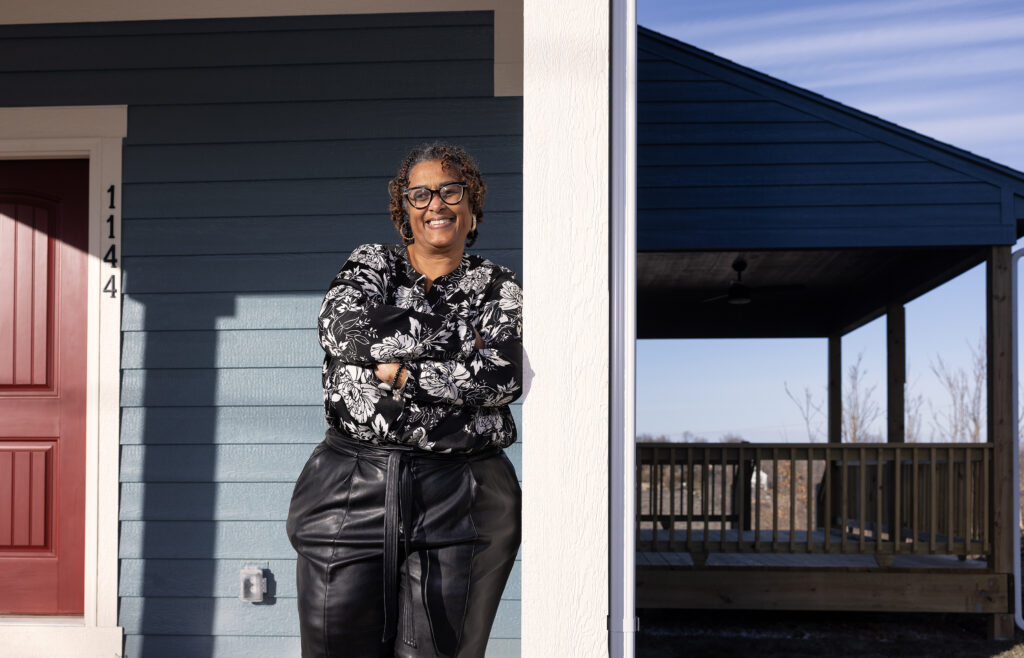
Policymaking is an important strategy the Kansas Health Foundation uses to achieve its mission of improving the health of all Kansans. KHF can reach more people and sustain long-term change through health policies, whether at the local or state level.
Kansas communities have incorporated health policies to increase physical activity and access to nutritious food by implementing walking/biking trails and creating open spaces, community gardens and farmers markets. Schools have also established policies to encourage physical activity in classrooms.
At the state level, policies have been created to reduce second hand smoke exposure, improve access to care by establishing mid-level health providers, and to reduce obesity in public schools by developing nutrition guidelines.
“These policies create the environment for healthier outcomes, and especially help populations that are at risk for poorer health,” said Steve Coen, KHF president and CEO.
KHF can’t successfully advance health policies alone, which is why it provides grant support to several Kansas nonprofits that are actively pursuing policy change to make Kansas a healthier state.
One of those organizations is the Alliance for a Healthy Kansas, a statewide coalition working toward expanding KanCare, the state’s privatized Medicaid program, to cover more than 150,000 hardworking Kansans.
The coalition’s leader, David Jordan, said KanCare expansion will not only help the state budget, but will improve the health and financial well-being of Kansans and bring hundreds of millions of federal tax dollars back to Kansas.
Last year, the Alliance nearly met this target, but legislators were a few votes shy of overriding Gov. Sam Brownback’s veto of the bill.
Jordan believes there’s a good chance legislators will choose to do what’s right for Kansas by expanding KanCare this session.
“Our goal at end of the day is to make Kansas a healthier place to live and work. Expanding coverage to over 150,000 Kansans would be a huge step in the right direction,” Jordan said. “The positive is that the majority of Kansans and legislators understand that. We just need to keep working to move a handful of legislators and folks in the administration who might be putting their political interest ahead of the interest of Kansans.”
The Alliance has a diverse group of members across the state, including business leaders, health care providers, social service and safety net organizations, hospitals and concerned citizens. The Kansas Association for the Medically Underserved (KAMU) and United Community Services of Johnson County (UCS) are among those on the list.
KAMU, the state’s federally-designated Primary Care Association, works to preserve and strengthen the Kansas health care safety net. It also promotes policies that expand access to health care and improves health outcomes of the most vulnerable Kansans.
Its members consist of 44 public and private nonprofit health care clinics that provide primary, dental or mental health care services for 1 out of every 10 Kansans. Member clinics served more than 262,000 patients through 791,000 visits last year.
“Collectively, these clinics form a primary care system that is strong and ready to do more and serve more,” said Denise Cyzman, KAMU executive director. “Without this system, individuals may delay seeking health care until it is too late. When health needs are more complex, health care is more expensive and health outcomes are worse.”
That’s why as part of its legislative priorities, KAMU supports the optimum policy and funding environment for Kansas safety net clinics. During the legislative session, KAMU will focus on the value of member clinics and the state’s long-term investment in the system, and will advocate for protecting current funding as the state grapples on how to adequately fund education.
UCS shares this platform, and is additionally advocating for policies that reduce the state food sales tax, restore mental health funding, and ensure sufficient capital is available for the 2020 census, which is used for data analysis and tracking population and poverty trends.
A majority of its public policy work is done at the state level to benefit Johnson County residents. Such efforts are also bound to positively impact residents living outside of the county, said Kathryn Evans Madden, UCS director of education and planning.
“One of the ways we try to achieve change is through education and collaborative planning,” Evans Madden said. “But, if we’re just doing that and we’re not working to improve the policy environment that heavily influences the human services system, then we’re not really making drastic change. For us, advocacy is a way of creating sustainability in the work that we do every single day.”
It’s also important, Evans Madden said, to create good relationships with local and state officials, and to act on shared interests to improve the quality of constituents’ lives.
“We value our elected officials as our partners in helping to make Kansas a great place to live, work and play,” Coen said.
“Because policymakers have so many different, challenging issues, advocacy groups should get to know their elected officials and build relationships for incremental change,” Coen said. “By cultivating these relationships, sharing accurate data, articulating a compelling need and providing grassroots support, advocates will be viewed as credible partners to advance health policies.”



